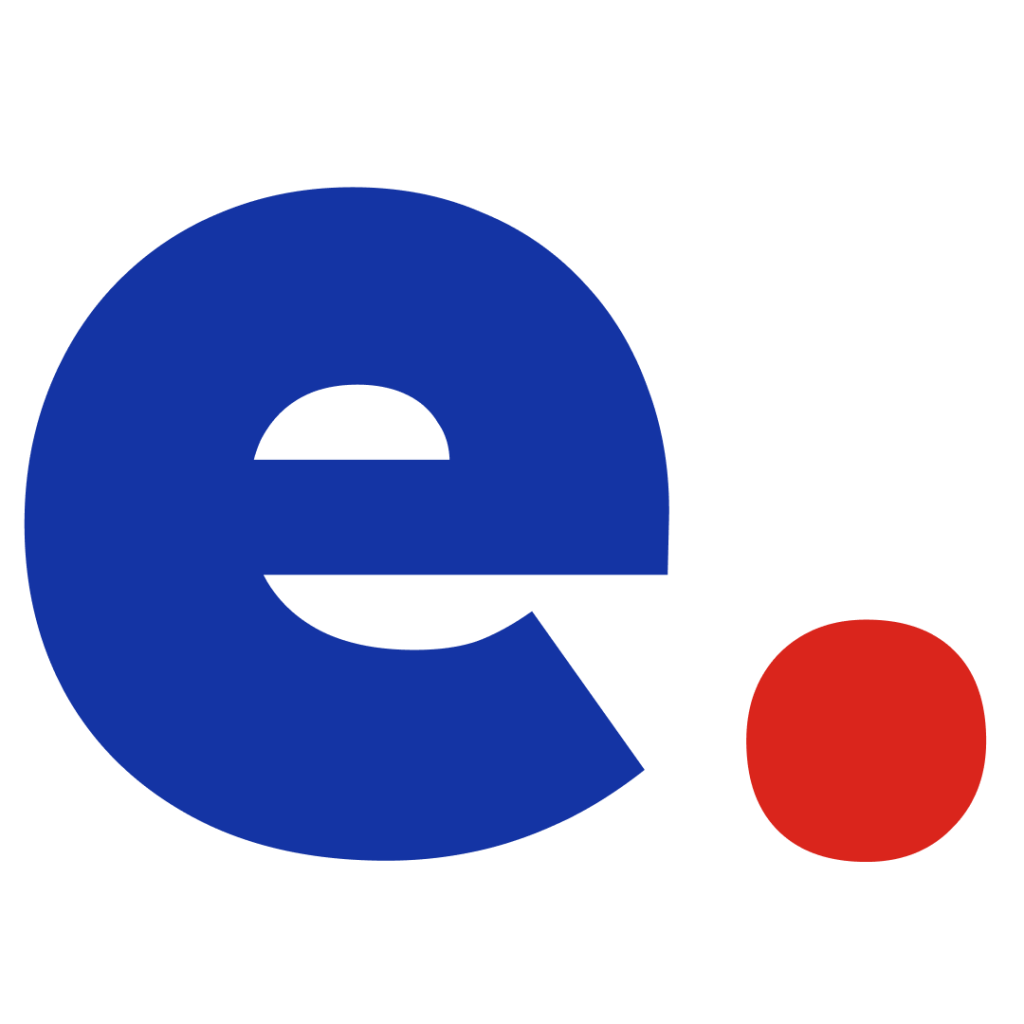Introduction
A freelancer job board is a digital platform where independent professionals connect with clients seeking specialized services. These platforms act as marketplaces where freelancers can find short-term gigs, long-term contracts, and project-based work across various industries. With 15 years of experience in the freelancing industry, I have seen freelancer job boards evolve from simple job listing sites to AI-driven platforms that match freelancers with clients based on skills, experience, and project requirements. Understanding how these job boards work and leveraging them effectively can significantly enhance a freelancer’s career prospects.
Understanding Freelancer Job Boards
Freelancer job boards are online platforms that facilitate the hiring process between clients and freelancers. They allow businesses to post job listings and freelancers to submit proposals, negotiate terms, and secure work. These platforms cater to a wide range of industries, including writing, graphic design, programming, marketing, consulting, and virtual assistance.
Popular freelancer job boards include:
-
General Freelance Marketplaces: Upwork, Fiverr, Freelancer, PeoplePerHour
-
Creative & Design Focused: 99designs, Toptal, Behance
-
Writing & Content Platforms: ProBlogger, Contena, Textbroker
-
Tech & Development Platforms: Turing, GitHub Jobs, Codeable
-
Remote Work Platforms: We Work Remotely, FlexJobs, Hubstaff Talent
Key Characteristics of Freelancer Job Boards
-
Job Listings & Categories: A wide range of projects across multiple industries.
-
Profile & Portfolio Creation: Freelancers can showcase their expertise, work samples, and ratings.
-
Proposal & Bidding System: Clients review freelancer proposals and select the best fit.
-
Payment Protection & Escrow Services: Secure transactions ensure freelancers receive payments for completed work.
-
Ratings & Reviews: Clients leave feedback, helping freelancers build credibility.
-
Search Filters & AI Matching: Advanced algorithms connect freelancers with relevant jobs based on skills and experience.
Importance of Freelancer Job Boards
Freelancer job boards play a crucial role in the gig economy, offering benefits for both freelancers and clients:
For freelancers:
-
Access to Global Clients: Expands opportunities beyond local markets.
-
Steady Work Opportunities: Constant flow of job postings ensures income stability.
-
Secure Payment Systems: Platforms offer escrow services to prevent payment disputes.
-
Professional Growth & Networking: Allows freelancers to build a strong client base and gain referrals.
-
Skill Development: Exposure to diverse projects helps freelancers expand their expertise.
For clients:
-
Quick Access to Skilled Professionals: Eliminates lengthy hiring processes.
-
Cost-Effective Solutions: Flexible hiring without long-term commitments.
-
Diverse Talent Pool: Access to specialists across various industries and regions.
-
Streamlined Project Management: Built-in collaboration and payment tools simplify work processes.
Challenges in Using Freelancer Job Boards
Despite their advantages, freelancer job boards come with certain challenges:
-
High Competition: Many freelancers compete for the same projects, making it harder to stand out.
-
Platform Fees & Commissions: Some platforms charge up to 20% in service fees.
-
Scam Clients & Unfair Practices: Fake job postings and unfair pricing can affect freelancers.
-
Algorithm Bias: Freelancers with higher ratings may get more visibility, making it difficult for newcomers to get work.
-
Delayed Payments: Some platforms have long processing times for withdrawals.
Best Practices for Success on Freelancer Job Boards
To maximize success, freelancers should:
-
Optimize Their Profile: Highlight skills, experience, and a strong portfolio.
-
Craft Persuasive Proposals: Tailor proposals to client needs rather than using generic templates.
-
Set Competitive Pricing: Research market rates and charge accordingly.
-
Maintain Professional Communication: Respond promptly and professionally to client inquiries.
-
Request Reviews & Ratings: Positive feedback improves visibility and credibility.
-
Use Secure Payment Methods: Avoid direct payments outside the platform to prevent fraud.
-
Stay Active & Apply Consistently: Regularly bidding on projects increases chances of landing jobs.
The Future of Freelancer Job Boards
As freelancing continues to grow, job boards are evolving to meet changing market demands. Key trends include:
-
AI-Driven Job Matching: Platforms will use advanced algorithms to match freelancers with suitable projects.
-
Blockchain-Based Smart Contracts: Secure transactions and automated payments will improve financial transparency.
-
Subscription-Based Models: More platforms may introduce membership tiers for premium job access.
-
Niche-Specific Job Boards: Increased demand for specialized skills will lead to more industry-focused platforms.
-
Enhanced Remote Work Features: Integrated collaboration tools will make virtual project management seamless.
Conclusion
Freelancer job boards have revolutionized the way independent professionals find work and build careers. By leveraging these platforms effectively, freelancers can secure high-paying projects, expand their networks, and develop long-term client relationships. As technology and work dynamics continue to evolve, staying updated on emerging trends in freelancer job boards will be key to long-term success in the gig economy.
